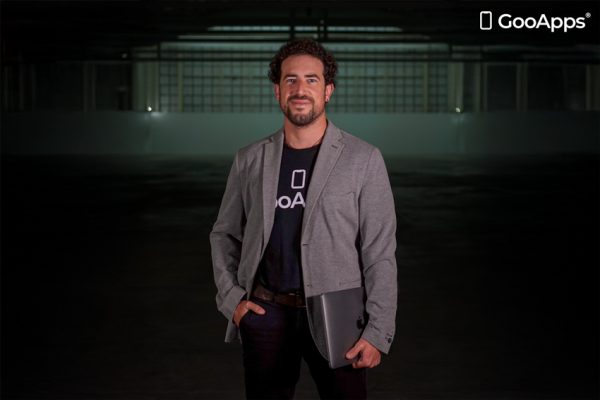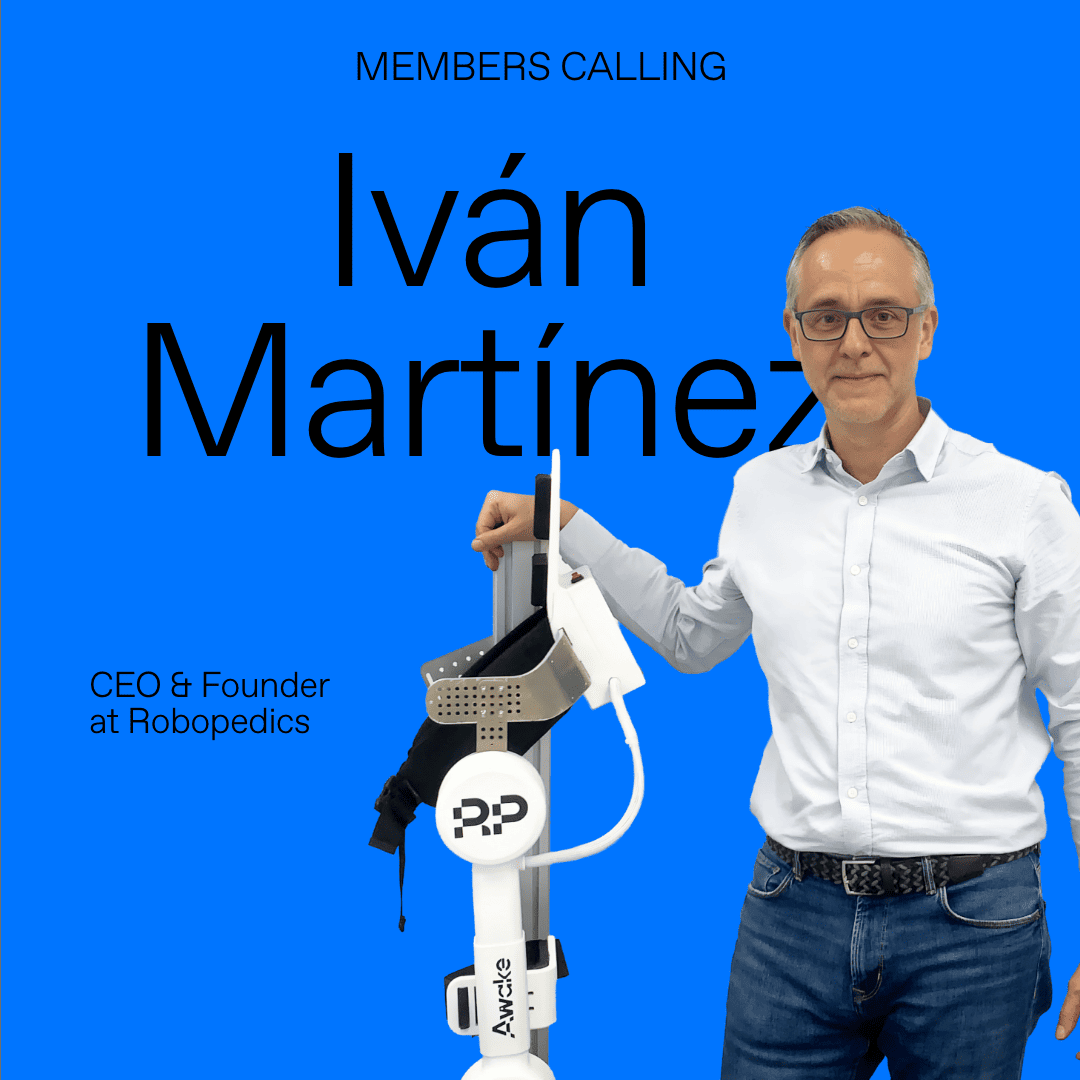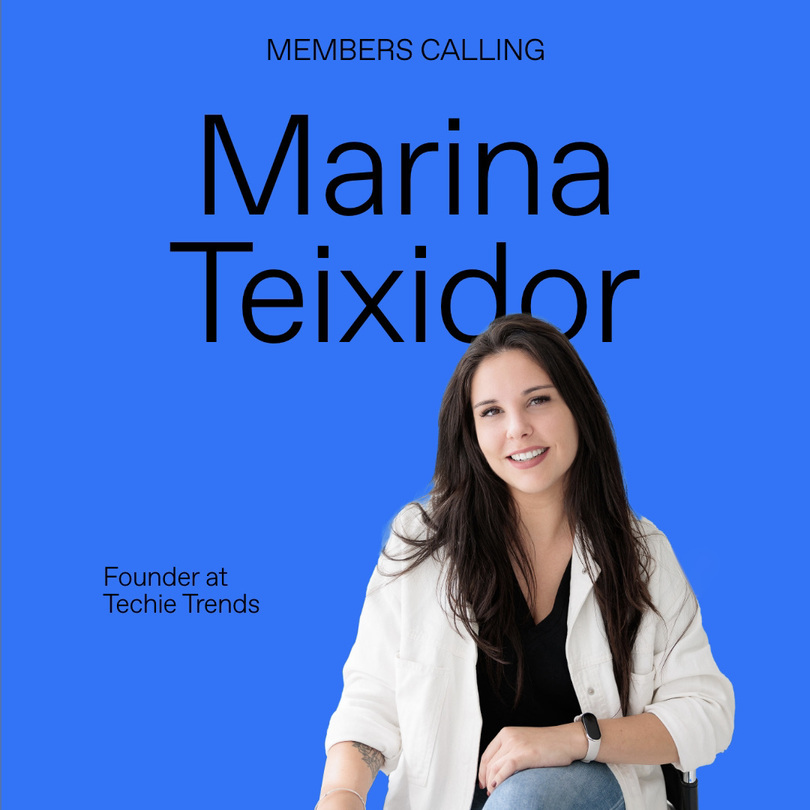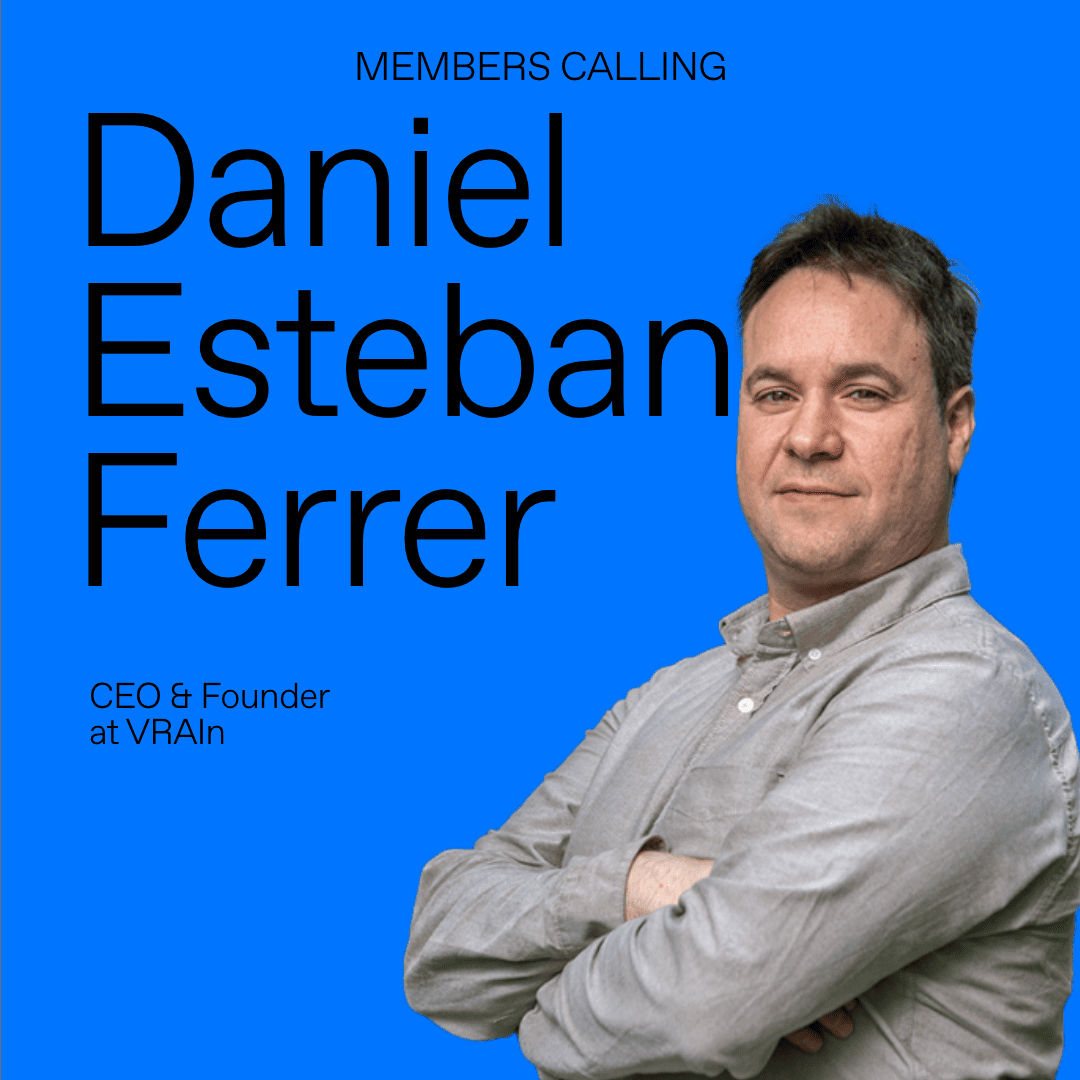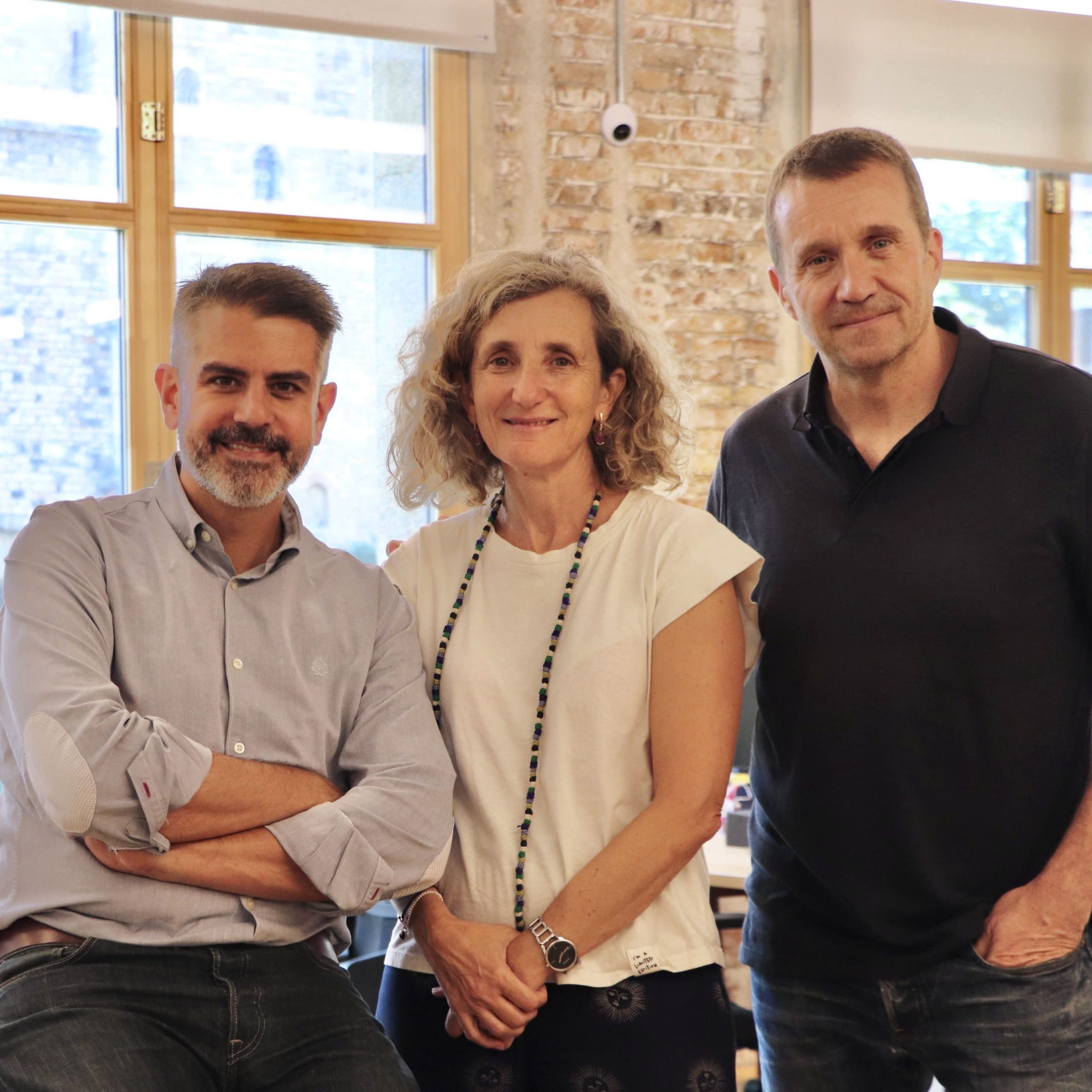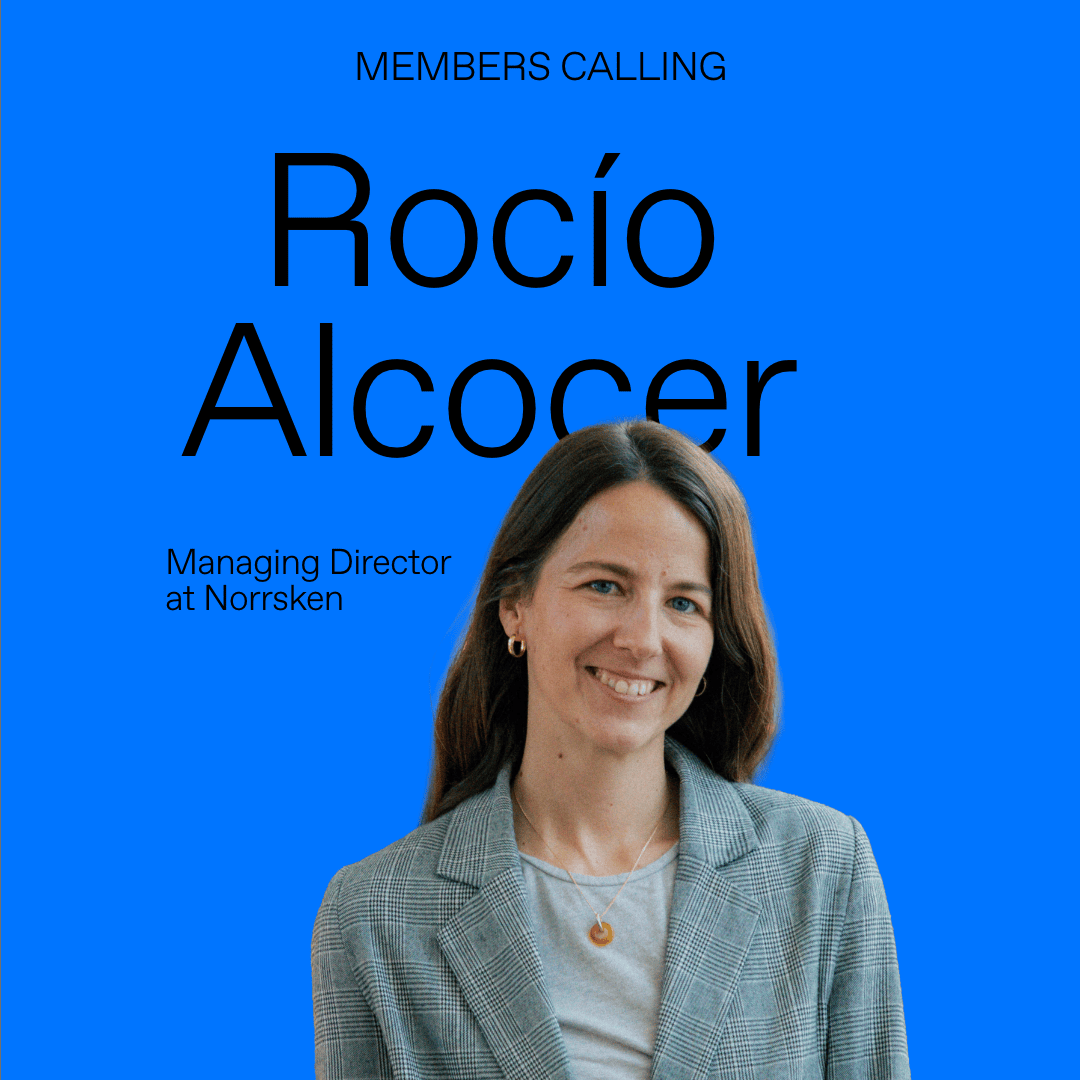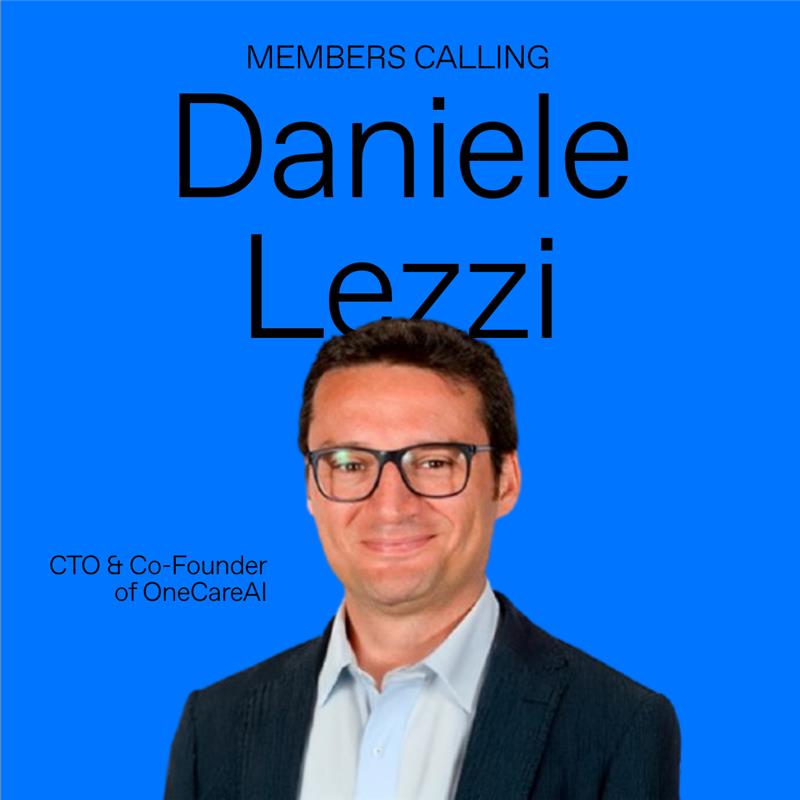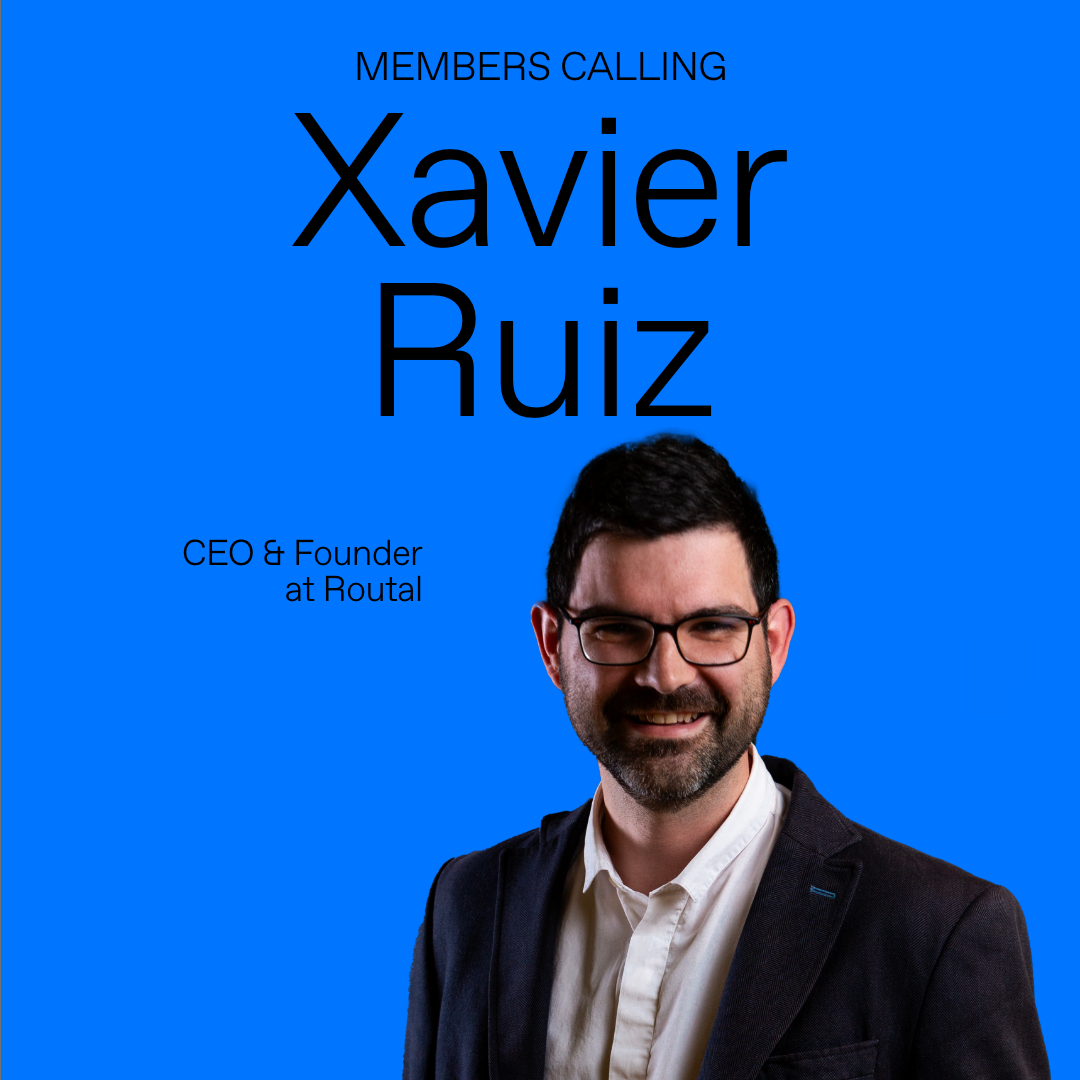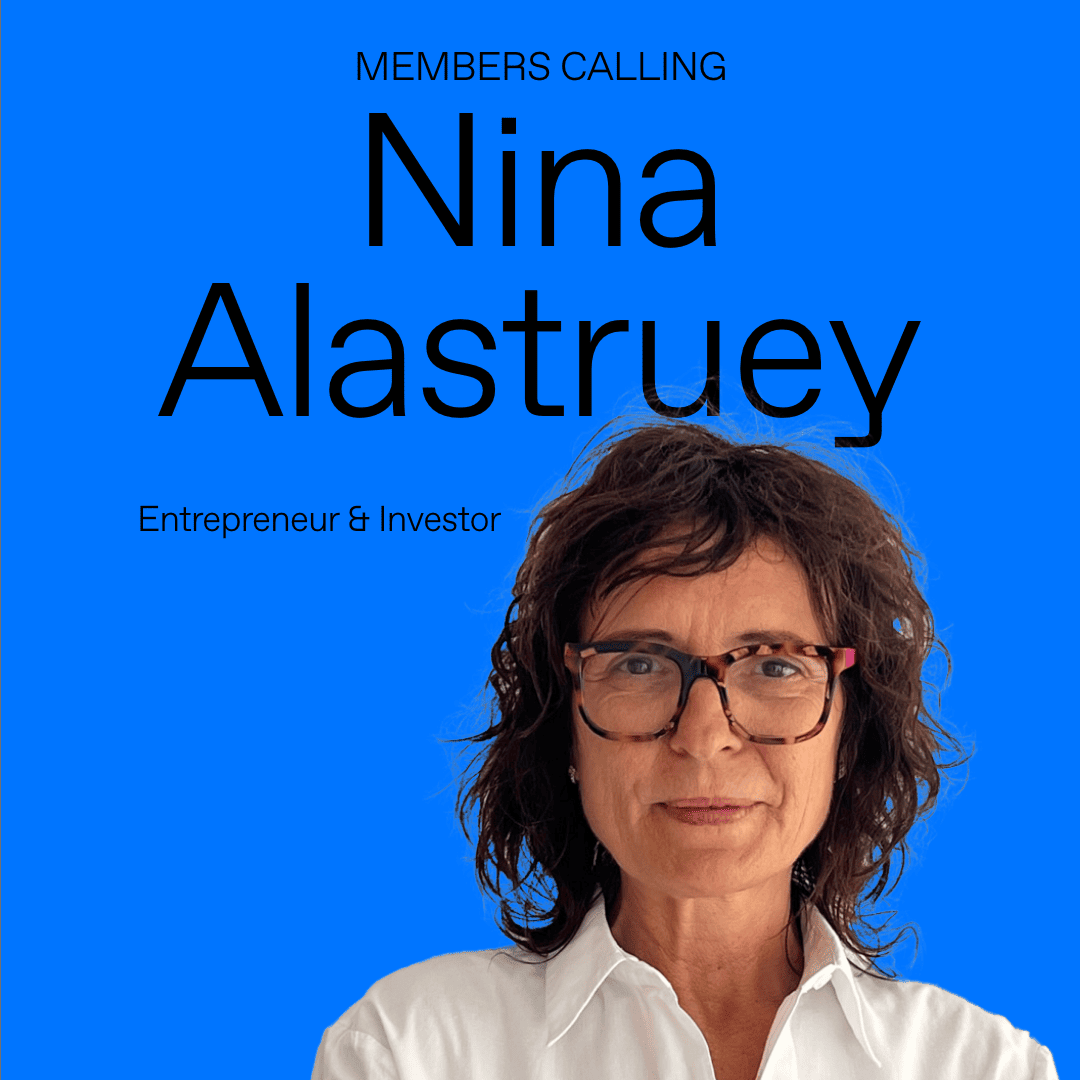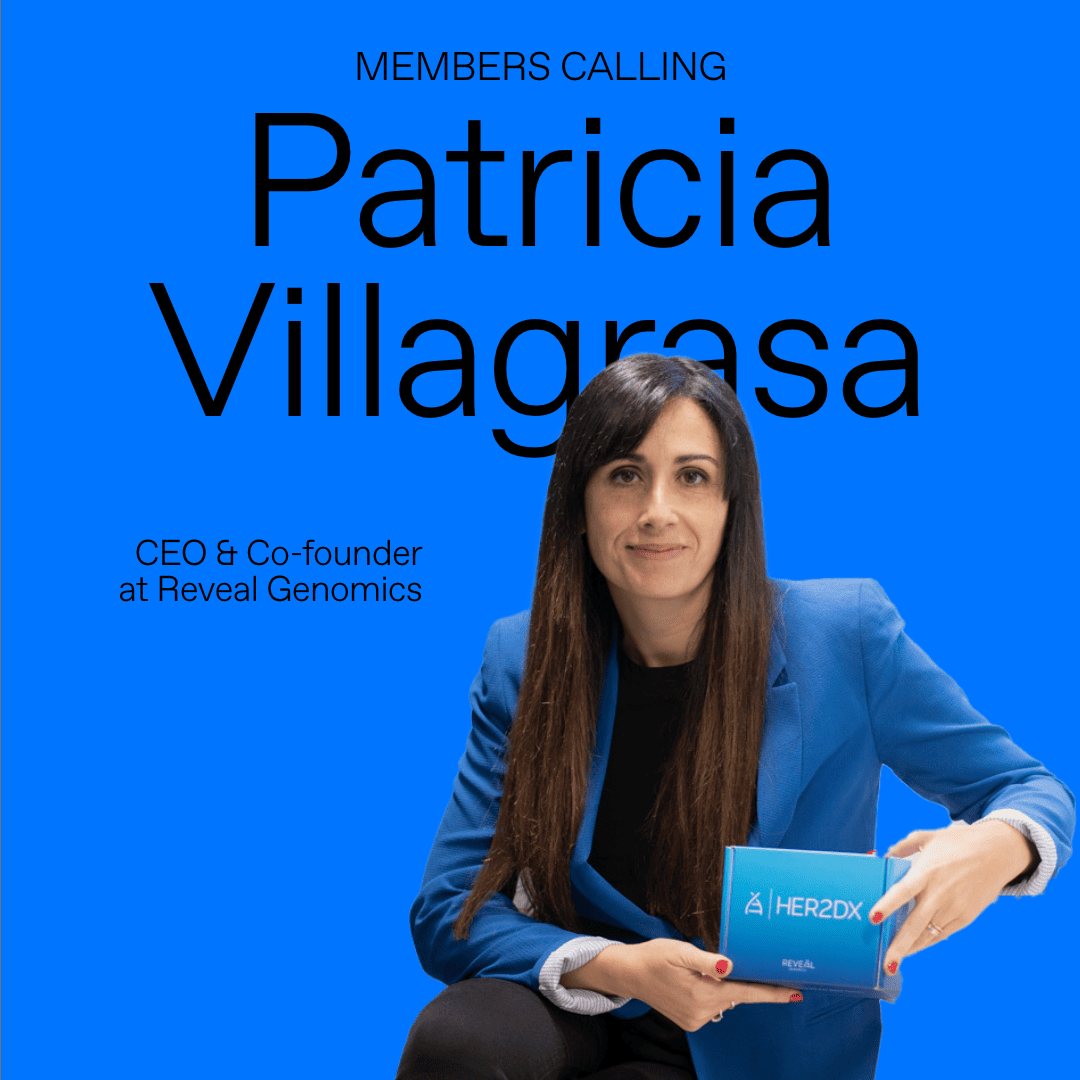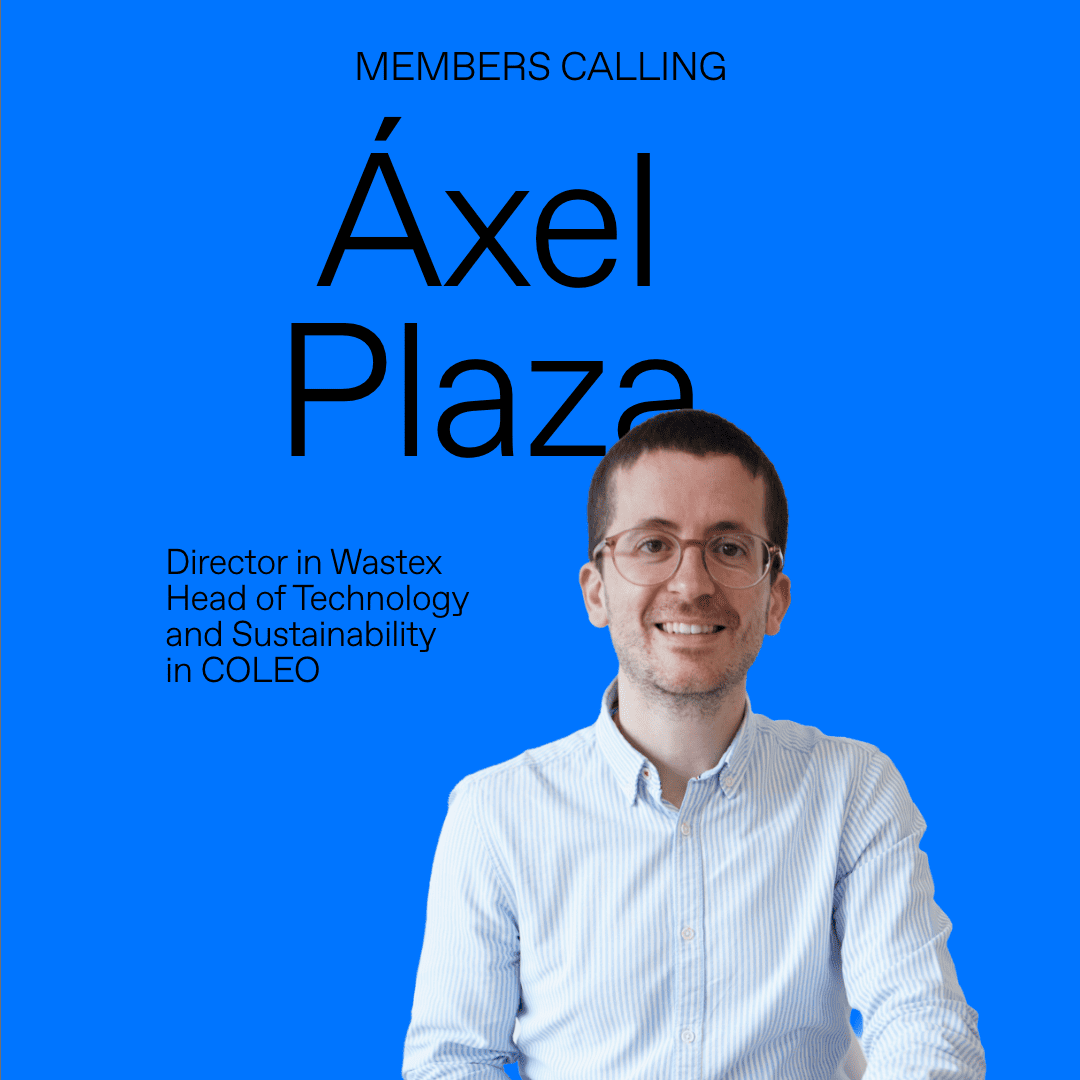El Fractional CTO es una solución innovadora para startups y pymes que necesitan liderazgo tecnológico estratégico sin asumir el coste de un CTO a tiempo completo. Este modelo permite a las empresas acceder a expertos en tecnología de forma flexible, adaptándose a las necesidades específicas de cada proyecto sin la necesidad de una contratación permanente.
Un Fractional CTO lidera la dirección tecnológica de la empresa, definiendo la estrategia digital, evaluando nuevas herramientas y asegurando que la tecnología esté alineada con los objetivos del negocio. A diferencia de un CTO a tiempo completo, su enfoque es más flexible y se centra en proyectos estratégicos o necesidades puntuales. Empresas en crecimiento, con desafíos tecnológicos concretos o en transición de liderazgo pueden beneficiarse de este modelo, obteniendo experiencia de alto nivel sin comprometer su sostenibilidad financiera.
Este tipo de perfil es especialmente útil en startups en fase inicial que buscan estructurar su tecnología para escalar sin incurrir en grandes costes. También es clave en la ejecución de proyectos tecnológicos estratégicos, como la implementación de inteligencia artificial, la migración a la nube o la optimización de infraestructura. En casos de crisis tecnológica, un Fractional CTO puede aportar soluciones inmediatas ante problemas de ciberseguridad, fallos en la infraestructura o dificultades en el desarrollo de software. Además, resulta una opción ideal para empresas que se encuentran en un período de transición y necesitan mantener su dirección tecnológica mientras buscan un CTO a jornada completa.
GooApps® ha aplicado con éxito este modelo en proyectos como Encajamos Diferente, una aplicación para la detección temprana de Trastornos del Espectro Autista (TEA). En este caso, la dirección técnica y estratégica de un Fractional CTO permitió conceptualizar y desarrollar una solución alineada con las necesidades del proyecto, garantizando su viabilidad y eficacia.
Aunque un Fractional CTO y un CTO a tiempo completo pueden desempeñar funciones similares, existen diferencias clave. Mientras que un CTO permanente es recomendable para empresas con una estrategia tecnológica de largo plazo y un equipo técnico consolidado, el Fractional CTO es ideal para aquellas que requieren liderazgo técnico en momentos específicos sin la necesidad de una incorporación fija. La elección entre ambos modelos depende de la estructura y objetivos del negocio.
Los beneficios de contar con un Fractional CTO incluyen la reducción de costes, ya que elimina la carga financiera de un puesto ejecutivo a tiempo completo, permitiendo a las empresas optimizar su inversión en tecnología. Además, proporciona acceso a talento altamente cualificado sin compromisos a largo plazo, ofreciendo una visión externa que permite identificar nuevas oportunidades y optimizar procesos internos.
Las responsabilidades de un Fractional CTO son diversas e incluyen la optimización de procesos DevOps, la mejora de la escalabilidad del producto, la implementación de estrategias de calidad y control de procesos, la gestión de la ciberseguridad y la integración de inteligencia artificial. También puede desempeñar un papel clave en la estrategia de financiación de la empresa, ayudando en negociaciones con inversores y en la evaluación de adquisiciones tecnológicas.
La contratación de un Fractional CTO es una solución estratégica para empresas que buscan liderazgo tecnológico de alto nivel sin los costes de un puesto permanente. Si tu empresa necesita dirección tecnológica para escalar, optimizar procesos, o mejorar la eficiencia operativa, este modelo puede ser la clave para alcanzar sus objetivos. GooApps® ofrece liderazgo tecnológico flexible y adaptado a las necesidades de cada negocio, proporcionando soluciones a medida para startups y pymes que buscan innovación y crecimiento.
